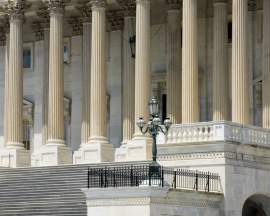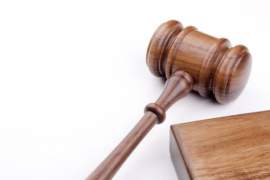
Understanding the High Court of Appeal

What is the High Court of Appeal?
The High Court of Appeal, also known as the high Court of Justice, is when combined with the Crown Court and the Court of Appeal, is one of the Senior Courts of England and Wales.
The High Court of Appeal, at first instance, will preside with all cases that are regarded as possessing “high value” or “high importance.” The high Court of Appeal, within England and Wales, also possesses a supervisory jurisdiction over all subordinate courts and various tribunals—not every High Court of Appeal within England and Wales; however, will possess a series of tribunals.
The High court of Appeal is located at the Royal Courts of Justice on The Strand, in central London. The High court of Appeals possesses ‘District Registries’ all across Wales and England and virtually all proceedings in the High Court will be issued and subsequently heard at a district registry. The High Court of Appeal is headed and presided over by the Lord Chief Justice of England and Wales; this authoritative figure is responsible for handling all administrative and judicial responsibilities within the High Court of Appeal of England and Wales.
Divisions of the High Court of Appeal:
The High Court of Appeal contains three distinct divisions: the Queen’s Bench Division, the Family Division and the Chancery Division. Furthermore, the high Court of Appeal also contains the Senior Courts Costs Office, which handles the quantification of legal costs pursuant to costs made by the court system—the Senior Courts Costs Office; however, falls just outside of the three division system of the High Court of Appeal.
The majority of proceedings in the High Court of Appeal are tried and held before a single judicial body—typically a judge; however, certain proceedings, especially those established in the Queen’s Bench Division are assigned to a Divisional Court, which is comprised of a bench of two or more judges. Those litigants who perform in the High Court of Appeal are typically represented by counsel, but may be administered or heard by lawyers with a right of audience or in person.
The Queen’s Bench Division of the High Court of Appeal:
The Queen’s Bench Division has two primary roles: the system will hear a wide range of contract law issues and personal injury or general negligence cases. Additionally, the Queen’s Bench Division possesses a special function as a supervisory court.
Chancery Division of the High Court of Appeal:
The Chancery Division of the High Court primarily deals with issues concerning: business law, probate law, trusts law, and land law in relation to matters of equity.
Family Division of the High Court of Appeal:
The family division of the High Court of Appeal handles all legal matters that revolve around children, divorce, probate and medical treatment issues.



















